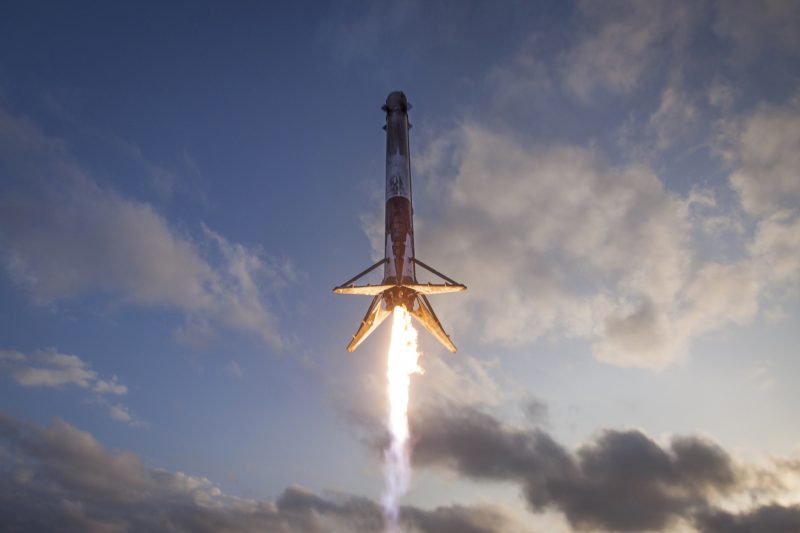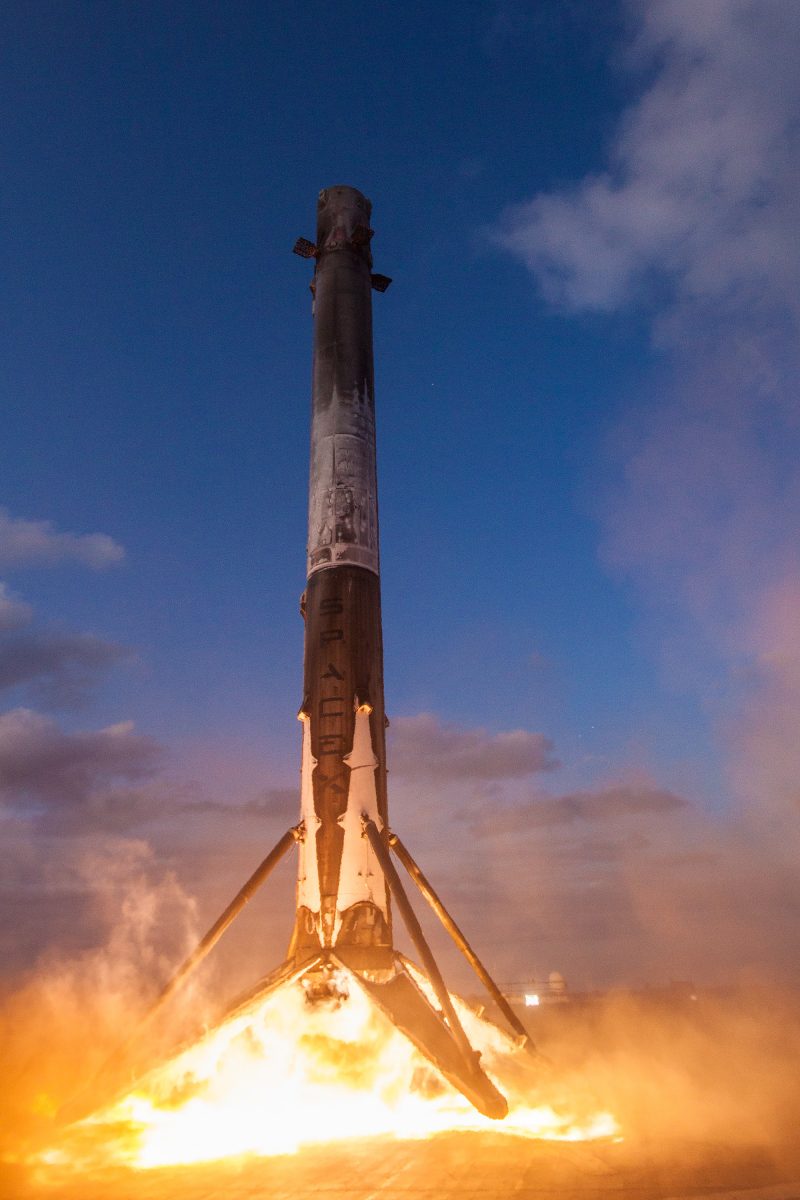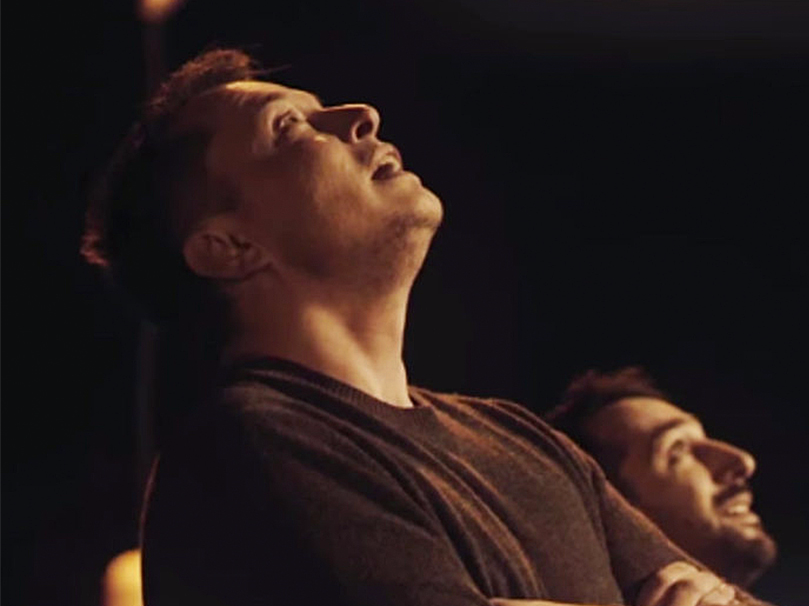Orbital rockets are complex, multi-million-dollar machines that send our most precious satellites, supplies, and people into space.
Yet since the dawn of the Space Age, they’ve all turned into garbage the moment we ignite their engines.
That paradigm shifted in a major way on March 30, 2017: when SpaceX – the rocket company owned by tech mogul Elon Musk – achieved the first-ever full reuse of an orbital-class booster, which is the most expensive part of these launch systems.
“This is going to be a huge revolution for spaceflight. It’s been 15 years to get to this point,” Musk said during a live broadcast of the launch. “I’m at a loss for words.”
The event was historic not just for the launch of a communications satellite into orbit atop a used rocket booster. Minutes later, the major rocket part landed itself for a second time on a droneship in the Atlantic Ocean, as SpaceX’s newly released photos show.
It's really this moment Musk has been waiting for, since it means his company can repeatedly launch and recover the biggest part of its $62 million Falcon 9 rocket system:

To that end, Musk told reporters on Thursday that SpaceX will soon try to launch, land, and re-launch the rockets in 24 hours - an aggressive goal, but one that Musk said makes it "possible to achieve a hundredfold reduction" in the cost of getting stuff into space.
"This is potentially revolutionary," John Logsdon, a space policy expert and historian at George Washington University's Space Policy Institute, previously told Business Insider. "Reusability has been the Holy Grail in access to space for a long, long time."
However, Musk and his company aren't stopping their spaceflight conquest with reusable Falcon 9 rockets.
The company is also due to debut its similarly reusable but more powerful Falcon Heavy launch system this summer, send its first human passengers into space in 2018, and begin blanketing Earth with high-speed internet using 4,425 satellites.
At stake? Nothing less than Musk's human conquest of Mars, and possibly the survival of humanity.


